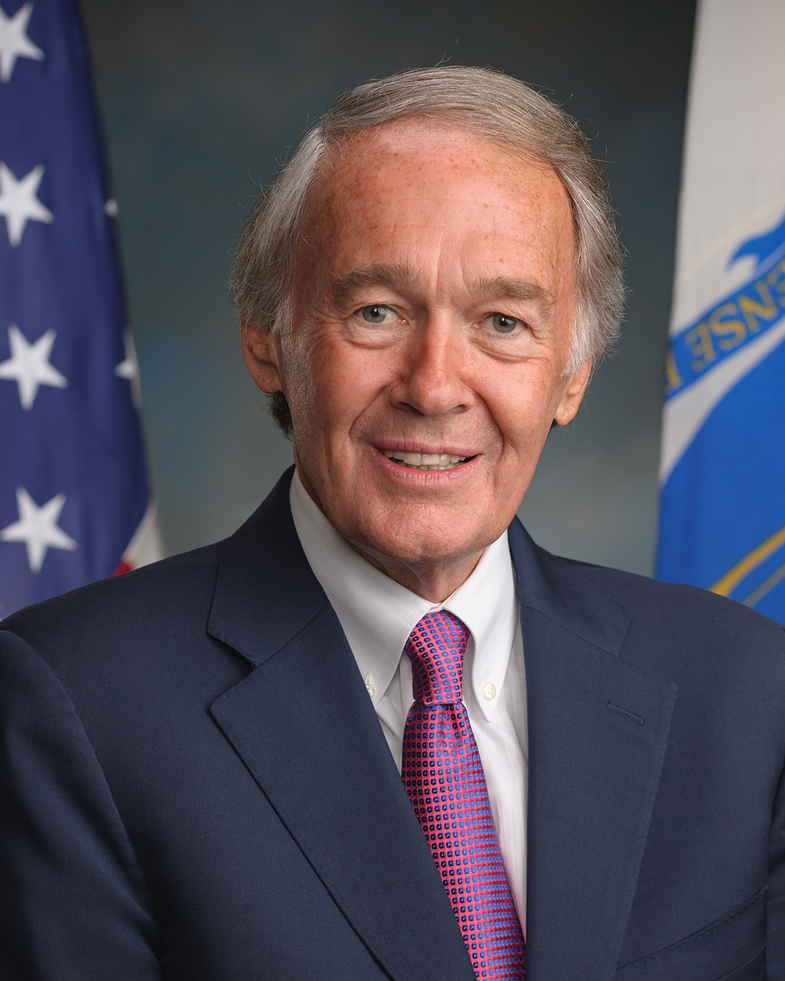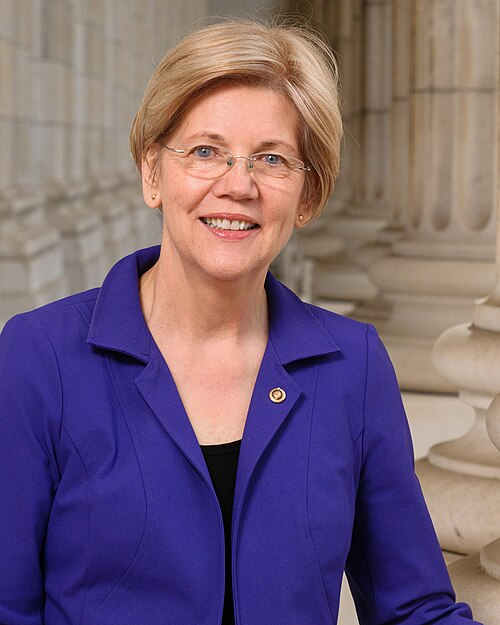S. 2836: Patients Over Profit Act
The bill known as the Patients Over Profit Act aims to prohibit common ownership between health insurance issuers and certain healthcare providers participating in Medicare. Here are the key features of the legislation:
Common Ownership Prohibition
The bill makes it unlawful for any individual or entity to:
- Own, operate, or control any part of a healthcare provider or management services organization that has an agreement with a healthcare provider.
- Own, operate, or control any part of a health insurance issuer.
Divestment Requirements
Entities found in violation will be required to divest their interests in either the health care provider or the health insurance issuer they control. The timeline for divestment is as follows:
- If the entity was acquired before the bill's enactment, divestment must occur within two years after the bill's enactment.
- If the entity is acquired after the bill becomes law, divestment must occur within one year after the acquisition.
Civil Actions and Enforcement
Various authorities, including the Inspector General of the Department of Health and Human Services, the Federal Trade Commission (FTC), and state attorneys general, can bring civil actions against violators. Actions may result in:
- Injunctions to cease prohibited conduct and orders for divestment.
- Disgorgement of revenues gained during the period of violation, which will be deposited into a fund managed by the FTC for community healthcare needs.
Federal Trade Commission (FTC) Review
Any divestment must be reported to the FTC. The FTC and the Assistant Attorney General will also review the consequences of the divestiture on competition and public interest.
Medicare Advantage and Part D Enforcement
The bill specifies that, starting from January 1, 2026, Medicare will not contract with a Medicare Advantage organization if it has any ownership interest in applicable providers or management services organizations. This requirement extends to ensuring compliance with the ownership prohibition.
Definitions and Exclusions
Key terms in the bill include:
- Applicable Provider: Any entity receiving payment for services covered under Medicare, excluding hospitals, pharmacies, and suppliers of certain medical equipment.
- Health Insurance Issuer: Defined in relation to the Public Health Service Act.
- Management Services Organization: Entities that provide management services to applicable providers.
Overall Impact
The bill aims to reduce conflicts of interest in healthcare by preventing health insurance companies from owning healthcare providers, thereby promoting competition and potentially lowering healthcare costs for patients.
Relevant Companies
- None found
This is an AI-generated summary of the bill text. There may be mistakes.
Sponsors
3 bill sponsors
Actions
2 actions
| Date | Action |
|---|---|
| Sep. 17, 2025 | Introduced in Senate |
| Sep. 17, 2025 | Read twice and referred to the Committee on the Judiciary. |
Corporate Lobbying
0 companies lobbying
None found.
* Note that there can be significant delays in lobbying disclosures, and our data may be incomplete.
Potentially Relevant Congressional Stock Trades
No relevant congressional stock trades found.




